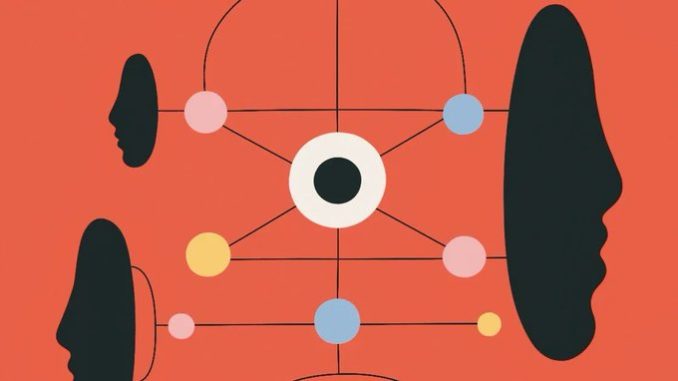
In the nineteen-sixties, Joseph Weizenbaum, a computer scientist at M.I.T., created a computer program called Eliza. It was designed to simulate Rogerian therapy, in which the patient directs the conversation and the therapist often repeats her language back to her:
Weizenbaum made Eliza as satire. He doubted that computers could simulate meaningful human interaction. He was alarmed, therefore, when many people who tried the program found it both useful and captivating. His own secretary asked him to leave the room so that she could spend time alone with Eliza. Worse, doctors saw it as a potentially transformative tool. “Several hundred patients an hour could be handled by a computer system designed for this purpose,” three psychiatrists wrote in The Journal of Nervous and Mental Disease, in 1966. “The human therapist, involved in the design and operation of this system, would not be replaced, but would become a much more efficient man since his efforts would no longer be limited to the one-to-one patient-therapist ratio as now exists.”
